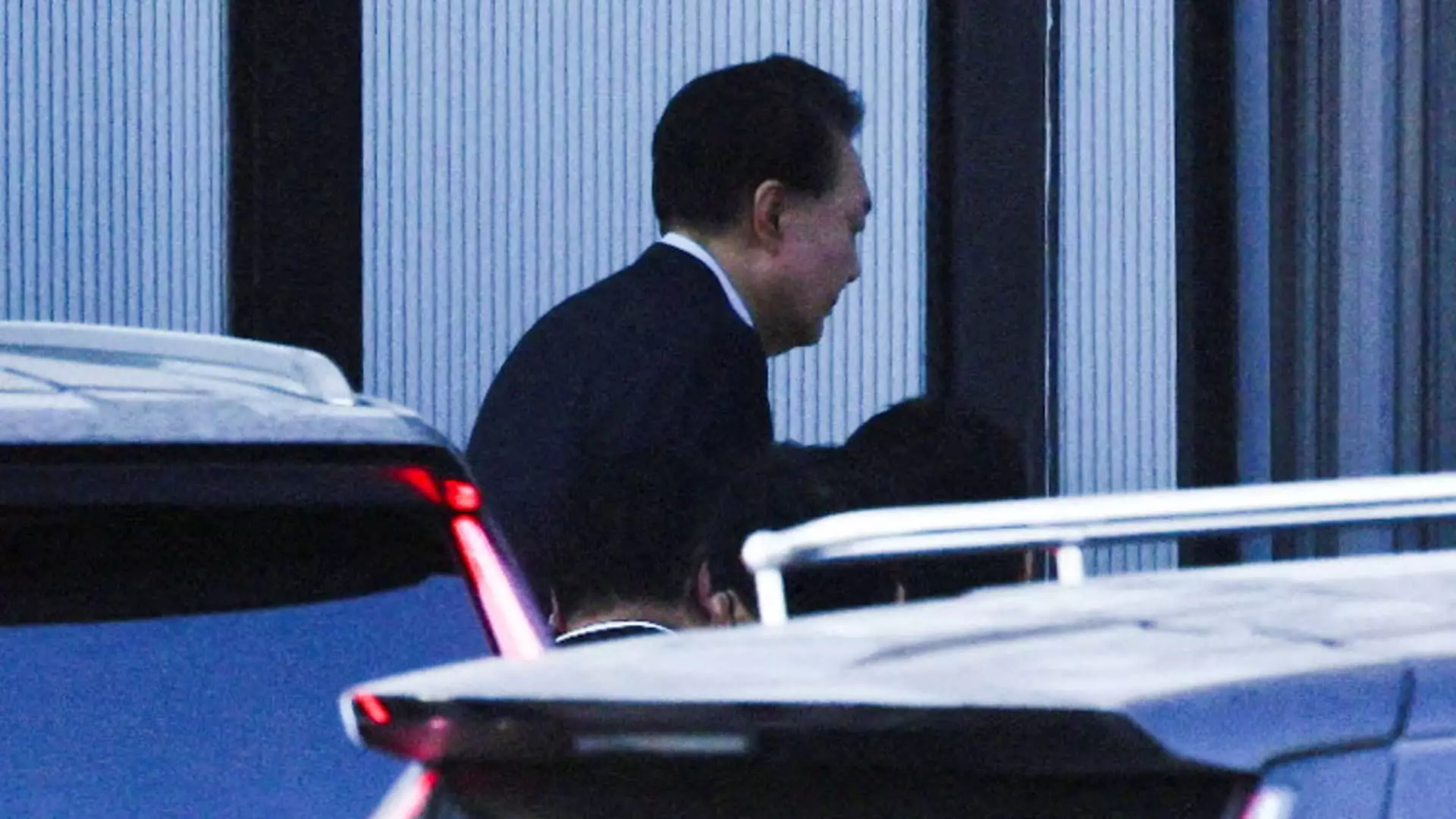In a dramatic turn of events, South Korea’s political landscape has been shaken with the arrest of former President Yoon Suk Yeol, marking him as the first sitting South Korean president to face criminal charges. The allegations stem from accusations of insurrection linked to a controversial declaration of martial law made on December 3. The gravity of the situation not only raises questions about Yoon’s presidency but also casts a shadow over South Korea’s democratic norms, establishing a precedent that could alter the intersection of politics and law in the nation.
Legal Proceedings and Public Reaction
Yoon’s legal battles intensified on a recent Saturday as he appeared in court to contest a request from investigators seeking to extend his pre-trial detention by an additional 20 days. His unwillingness to cooperate with the investigators has added to the complexities of the case. After an extensive five-hour court session, during which Yoon reportedly spoke for around 40 minutes, both his legal team and the public were left to await the court’s decision.
In stark contrast to the solemnity of the proceedings, the outside atmosphere reflected a deep divide within the South Korean populace. A robust crowd of supporters gathered outside the Seoul Western District Court, voicing their staunch belief in Yoon’s innocence and a desire for his release. The supporters, many of whom feel that the rule of law is being manipulated, rallied behind police barricades chanting fervently for Yoon’s freedom. Such scenes demonstrate the passionate political climate in South Korea, where public sentiment can quickly crystallize around a polarizing figure.
The Complexities of Insurrection Charges
The nature of the charges against Yoon presents a convoluted legal challenge. Insurrection is a serious criminal offence in South Korea, and its implications are particularly pronounced given that a sitting president typically enjoys immunity from prosecution. This case signifies a foundational shift in that dynamic, with significant repercussions for future leaders and the existing political framework. Yoon’s legal advisors contend that their client acted within the boundaries of his authority, intending to safeguard national stability during a time of crisis. The framing of the charges against him could redefine the boundaries of presidential power and public accountability in South Korea.
The unfolding saga surrounding Yoon Suk Yeol’s presidency serves as a crucial illustration of the interplay between law and politics in South Korea. As Yoon continues to await the court’s verdict, the societal implications of his case are profound—representing not merely the downfall of a leader but the potential recalibration of the nation’s legal parameters. Many analysts speculate that this moment could lead to broader discussions regarding political accountability and governance in a country that has grappled with such complexities since its establishment. Whether Yoon’s fate becomes a cautionary tale or a catalyst for reform remains to be seen, yet it undeniably marks a pivotal moment in South Korean history.

Leave a Reply